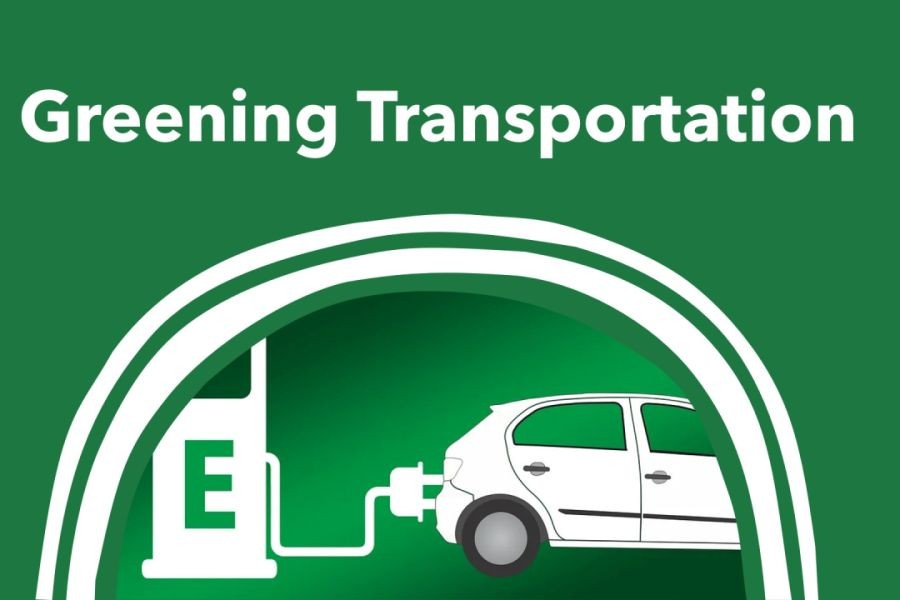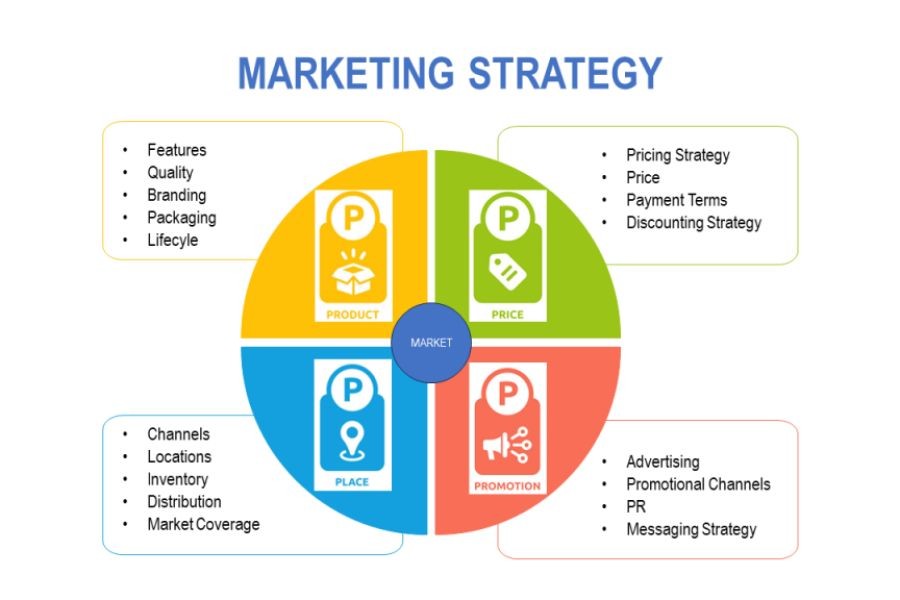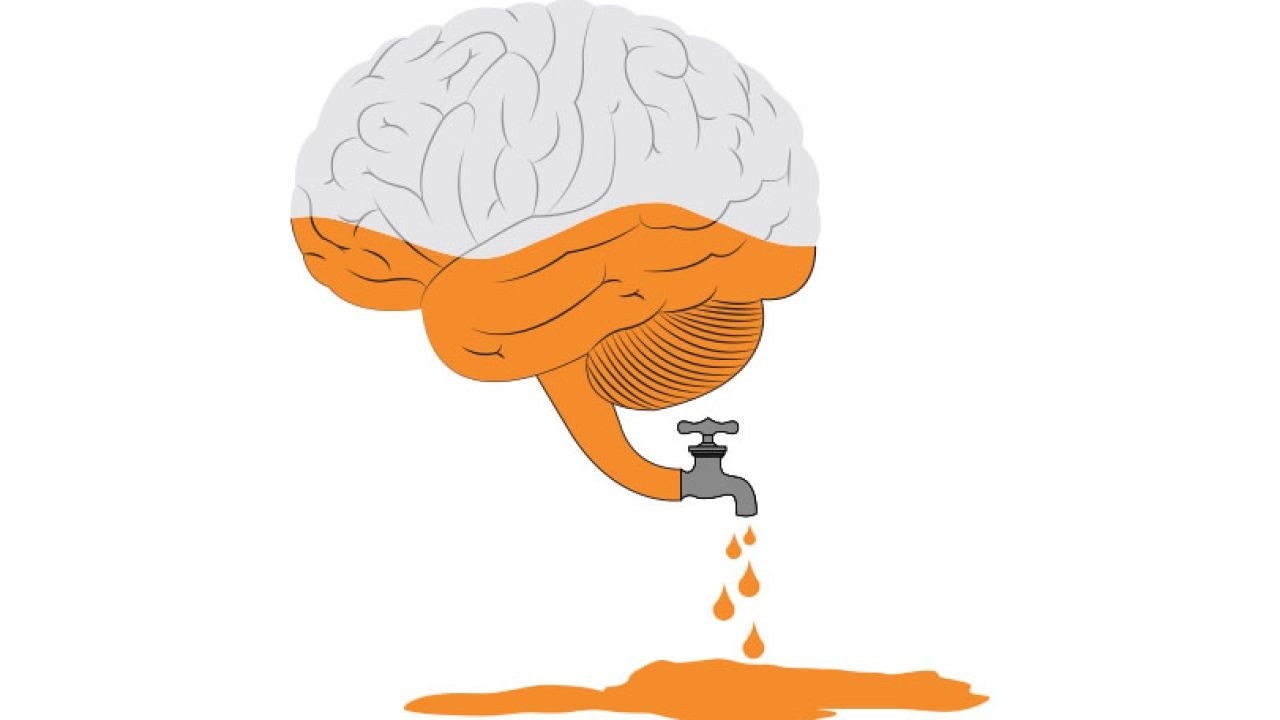Noise pollution, often overshadowed by its more visible environmental counterparts, is silently impacting the mental and physical well-being of individuals across the globe. In New Zealand, with its unique environmental landscape and economic structure, understanding this impact is increasingly critical for both individuals and businesses. With urbanization, industrial activities, and transportation systems contributing significantly to noise levels, the implications on health and productivity cannot be ignored.
🔍 The Hidden Costs of Noise Pollution
Noise pollution is more than just an annoyance; it has been linked to a range of health issues, from stress and sleep disturbances to cardiovascular diseases. According to the World Health Organization (WHO), exposure to high levels of noise can lead to increased risks of heart attacks and strokes. In New Zealand, urban areas like Auckland and Wellington are particularly affected, where noise from traffic and construction activities is a constant presence.
📊 Data-Driven Insights from New Zealand
A study by Stats NZ highlights that urban noise levels have been increasing steadily, impacting both residential and commercial areas. The New Zealand Transport Agency (NZTA) reports that traffic noise is one of the most significant sources of noise pollution, with over 70% of urban residents exposed to higher than recommended noise levels.
The Reserve Bank of New Zealand also notes that noise pollution can indirectly affect the economy by reducing worker productivity and increasing healthcare costs. Businesses need to recognize the financial implications of ignoring noise pollution, which can lead to decreased employee performance and increased absenteeism.
📖 Real-World Case Study: Wellington's Noise Reduction Initiative
In an effort to combat noise pollution, the Wellington City Council launched an initiative focused on reducing noise levels in the city center. This involved implementing quieter road surfaces, better traffic management systems, and promoting the use of electric vehicles.
Problem: Wellington faced increasing noise complaints, particularly in the central business district, impacting both residents and businesses.
Action: The council introduced noise-reduction measures, including soundproofing public buildings and incentivizing businesses to adopt quieter technologies.
Result: After implementation, noise complaints decreased by 30%, and there was a reported improvement in the well-being of local residents and workers.
Takeaway: This case study demonstrates the effectiveness of proactive noise management strategies. New Zealand businesses can benefit from similar measures to enhance employee satisfaction and productivity, ultimately boosting economic performance.
⚖️ Pros and Cons: Noise Pollution Management Strategies
✅ Pros:
- Improved Health: Reduced noise levels can lead to better physical and mental health outcomes.
- Enhanced Productivity: Quieter environments can improve concentration and efficiency among workers.
- Regulatory Compliance: Adhering to noise regulations can prevent legal issues and enhance corporate reputation.
❌ Cons:
- High Initial Costs: Implementing noise reduction technologies can be expensive.
- Complex Implementation: Integrating noise control measures can be challenging, requiring expert consultation.
- Limited Awareness: Many businesses may not recognize the benefits of investing in noise management.
🔥 Industry Secrets: Beyond Conventional Solutions
While traditional noise control measures focus on reducing sound at the source, emerging technologies offer innovative solutions. For instance, AI-driven noise cancellation systems are gaining traction, offering more precise and adaptive noise management. These systems can be particularly beneficial for industries like manufacturing and transport, where noise is a significant concern.
🔮 Future Trends & Predictions
Looking ahead, noise pollution management is set to evolve with advancements in technology. By 2028, it is predicted that 50% of New Zealand businesses will adopt AI-powered noise control systems, as reported by NZTech. These systems will not only improve work environments but also contribute to sustainability by reducing energy consumption.
❌ Common Myths & Mistakes
Myth: "Noise pollution only affects hearing." Reality: Studies show it also impacts cardiovascular health and mental well-being (Source: WHO).
Myth: "Noise control is not a business priority." Reality: Ignoring noise can lead to productivity losses and increased healthcare costs (Source: Reserve Bank of NZ).
Myth: "Noise reduction is too costly." Reality: Long-term benefits often outweigh the initial investment, leading to higher employee satisfaction and retention.
🔗 Final Takeaways & Call to Action
- 🔍 Fact: Over 70% of urban New Zealanders are exposed to potentially harmful noise levels.
- 🚀 Strategy: Consider investing in AI-driven noise control systems to enhance workplace productivity.
- ❌ Mistake to Avoid: Neglecting noise management can lead to significant health and economic repercussions.
- 💡 Pro Tip: Implement quieter technologies and soundproofing measures to create a more conducive work environment.
How will you tackle noise pollution in your business? Share your strategies and insights in the comments below!
🔍 People Also Ask (FAQ)
How does noise pollution impact businesses in New Zealand? NZ businesses exposed to high noise levels report decreased productivity and increased health-related costs (Source: NZTA).
What are the biggest misconceptions about noise pollution? A common myth is that it only affects hearing, but it also impacts mental health and productivity (Source: WHO).
What are the best strategies for implementing noise control? Experts recommend starting with soundproofing, followed by adopting quieter technologies, and ensuring compliance with noise regulations.
🔍 Related Search Queries
- Noise pollution effects on health
- Noise control measures in New Zealand
- AI-driven noise cancellation systems
- Impact of noise pollution on productivity
- New Zealand noise pollution statistics


































WardClift
3 months ago